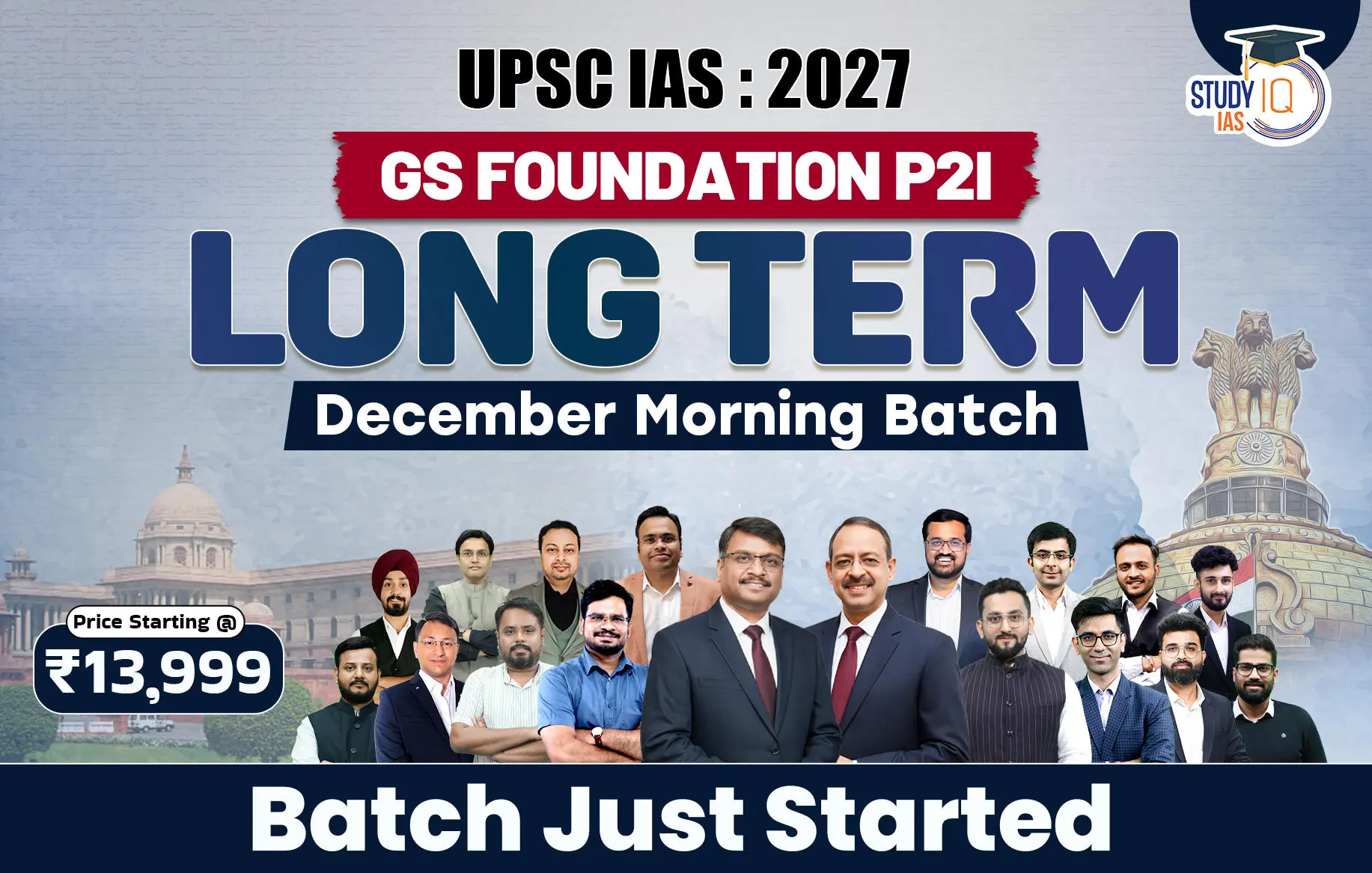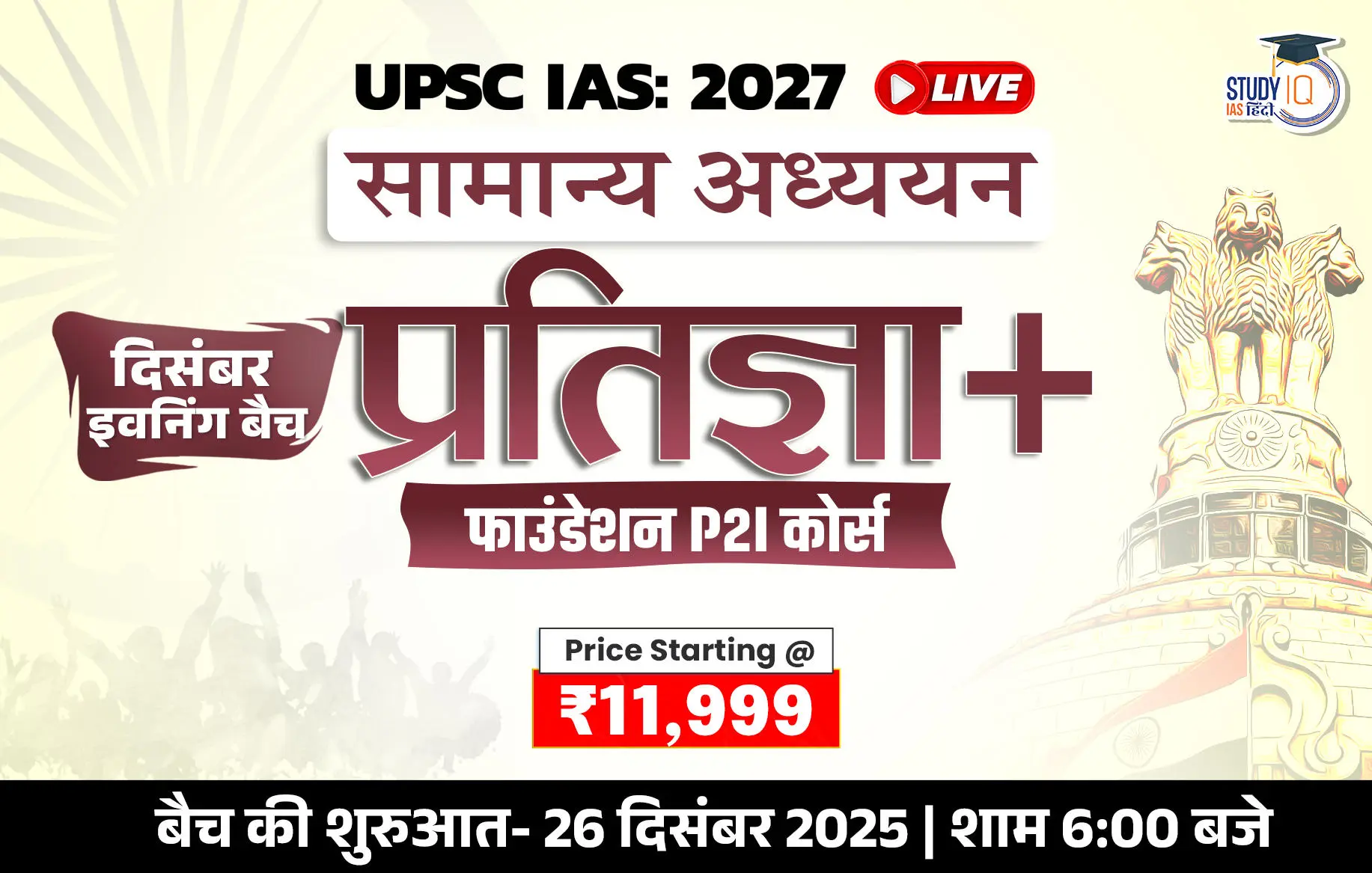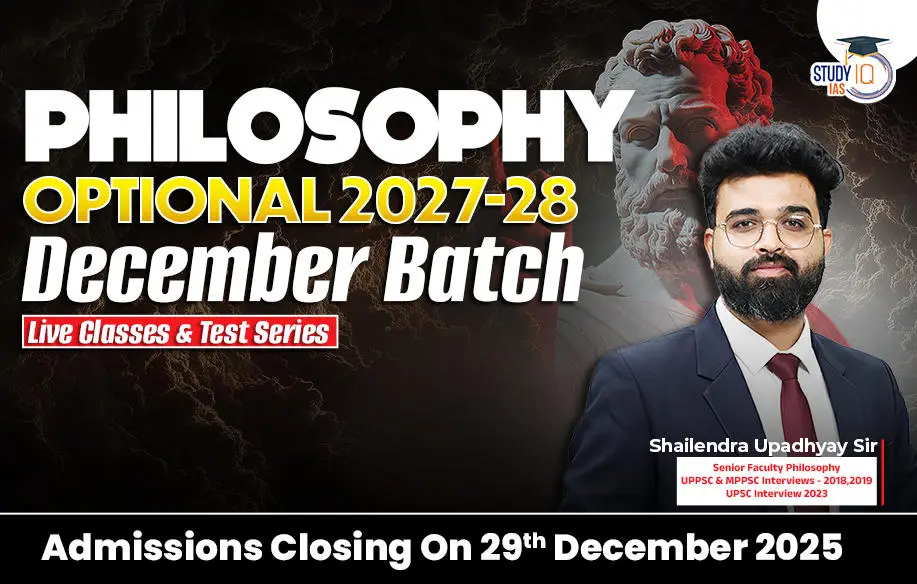Table of Contents
Context: Article 105 of the Constitution which deals with the privileges and powers of parliamentarians was cited in a recent letter to the Rajya Sabha Chairman, by a legislator.
About Article 105 of the Constitution
- It deals with “powers, privileges, etc of the Houses of Parliament and of the members and committees thereof.
- It has four clauses.
- Subject to the provisions of this Constitution and to the rules and standing orders regulating the procedure of Parliament, there shall be freedom of speech in Parliament.
- No member of Parliament shall be liable to any proceedings in any court in respect of anything said or any vote given by him in Parliament or any committee thereof, and no person shall be so liable in respect of the publication by or under the authority of either House of Parliament of any report, paper, votes or proceedings.
- In other respects, the powers, privileges and immunities of each House of Parliament, and of the members and the committees of each House, shall be such as may from time to time be defined by Parliament by law, and, until so defined, shall be those of that House and of its members and committees immediately before the coming into force of section 15 of the Constitution (Forty-fourth Amendment) Act, 1978.
- The provisions of clauses (1), (2) and (3) shall apply in relation to persons who by virtue of this Constitution have the right to speak in, and otherwise to take part in the proceedings of, a House of Parliament or any committee thereof as they apply in relation to members of Parliament.
- This immunity extends to certain non-members as well, such as the Attorney General for India or a Minister who may not be a member but speaks in the House.
Privileges to MLA/ MLC
- Article 194 deals with the same in the case of state legislatures, their members and committees.
Breach of Privilege
- It is a violation of any of the privileges of MPs/Parliament.
- Among other things, any action ‘casting reflections’ on MPs, parliament or its committees; could be considered breach of privilege.
- This may include publishing of news items, editorials or statements made in newspaper/magazine/TV interviews or in public speeches.
Privileges and Immunities Enjoyed by MP’s
- The MPs and the MLAs are exempted from civil or criminal liability for any statement made or act done inside the house in the course of their duties.
- The privileges and immunities enjoyed by the MPs and MLAs include:
- Freedom of speech in the house which means they cannot be prosecuted for saying or doing anything in the house.
- They have the freedom from arrest 40 days prior or after a session of legislature or during the session or from the premises of the legislature without the permission of the house.
- The legislature has the power to regulate its internal affairs — that covers the behaviour including disruptions, vandalism and violence — of the house. Police or courts cannot interfere.
- However, the members can be punished for the breach of privileges by the house itself. Punishment includes imprisonment, fine or suspension.

Restrictions on this Privilege
- Article 121 of the Constitution prohibits any discussion in Parliament regarding the “conduct of any Judge of the Supreme Court or of a High Court in the discharge of his duties except upon a motion for presenting an address to the President praying for the removal of the Judge
- Speech of MPs is subject to the discipline of the Rules of Parliament, the “good sense” of its Members, and the control of proceedings by the Speaker.
- Rule 380 (“Expunction”) of the Rules of Procedure and Conduct of Business in Lok Sabha says: “If the Speaker is of opinion that words have been used in the debate which is defamatory or indecent or unparliamentary or undignified, the Speaker may while exercising discretion order that such words be expunged from the proceedings of the House.”
Supreme Court on Article 105
- In Tej Kiran Jain vs. N. Sanjiva Reddy (1970): SC observed that anything and everything said by a member of the Parliament during the course of the business of the Parliament is protected and the member is immune from any action regarding the same by any court in the country.
- In ‘P V Narasimha Rao vs. State’ 1998: SC observed that ordinary law would not apply to the acceptance of a bribe by an MP in case of parliamentary proceedings.
- Court accorded a wider ambit of protection under Article 105(2) and said thatit will “enable members to participate fearlessly in Parliamentary debates” and that these members need the wider protection of immunity against all civil and criminal proceedings that bear a nexus to their speech or vote.

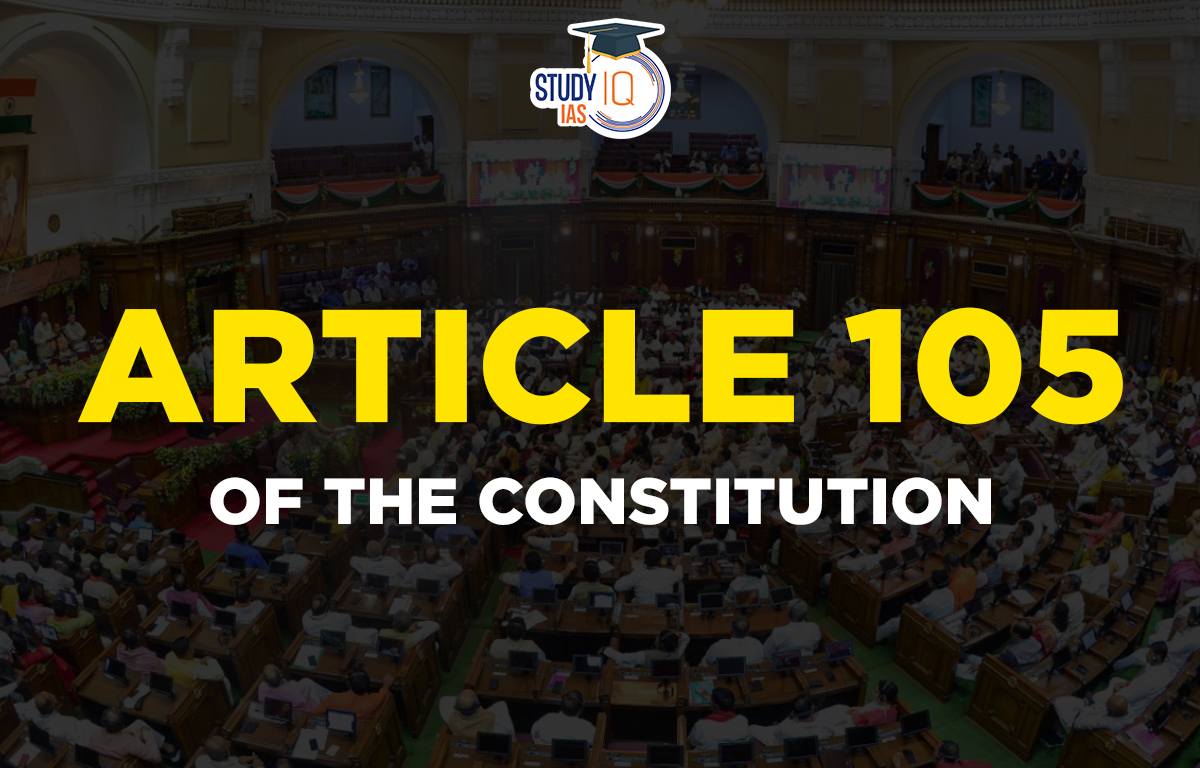
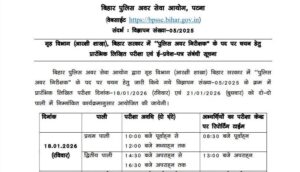 Bihar Police SI Exam Date 2025 Out: Chec...
Bihar Police SI Exam Date 2025 Out: Chec...
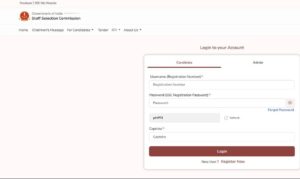 Delhi Police Admit Card 2025 Out – Dow...
Delhi Police Admit Card 2025 Out – Dow...
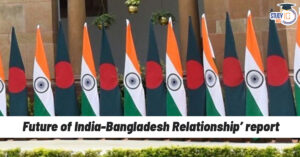 Future of India–Bangladesh Relationshi...
Future of India–Bangladesh Relationshi...

